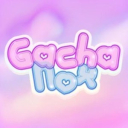The Evolution of The Legend of Zelda Series
Oct-01-2024
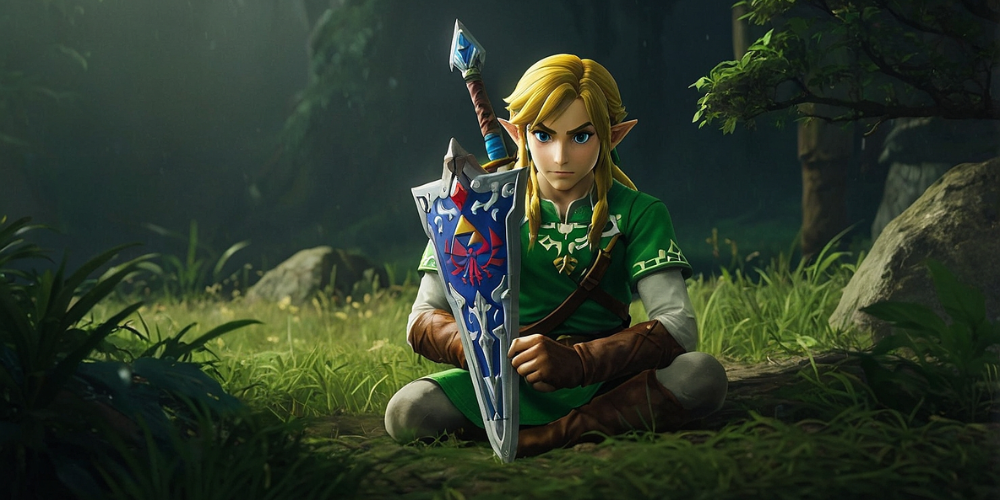
The Legend of Zelda series has always held a special place in my heart. Since its launch in the mid-1980s, Zelda has transformed into one of the most cherished franchises in gaming history, mirroring not only the development of the series itself but also my personal evolution as a gamer. Each title has left a mark on me, changing how I perceive video games and story-telling.
My First Encounter: The Original Legend of Zelda
I still remember the first time I popped the cartridge into my Nintendo Entertainment System. The inaugural Legend of Zelda, launched in 1986, felt as though you were entering a completely different realm brimming with excitement. I controlled Link, traversing a vast land filled with secrets. The top-down perspective and the sense of exploration captured my imagination. I spent countless hours discovering hidden dungeons and collecting items, marking my first foray into a universe that combined puzzles, combat, and storytelling.
The Shift to 2D: A Link to the Past
When A Link to the Past arrived in 1991, it felt like a revolution. The graphics were richer, the storytelling deeper, and the gameplay more refined. I was entranced by the dual worlds of Hyrule and the Dark World. The introduction of the Master Sword and the concept of alternate dimensions broadened my understanding of narrative complexity in video games. The gameplay elements, including the inventive use of items to tackle challenges, greatly enhanced my overall enjoyment.
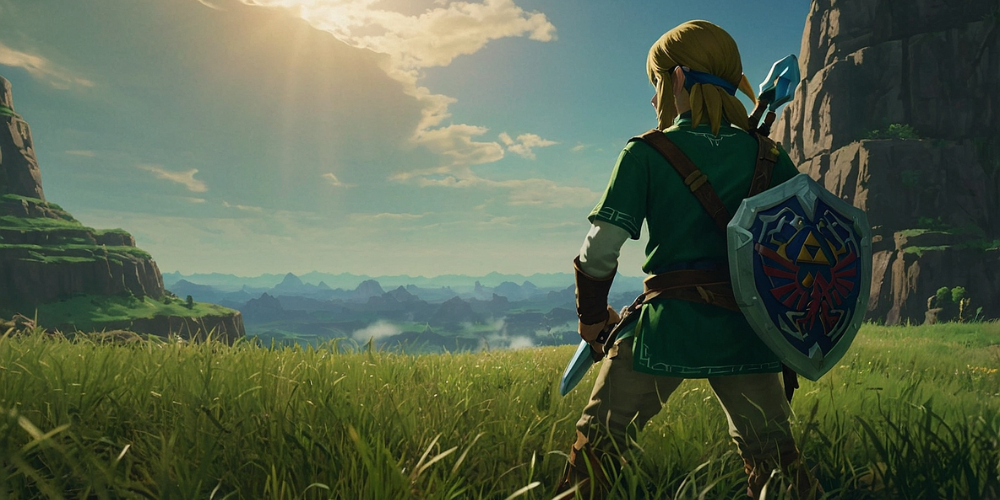
Unleashing 3D: The Ocarina of Time
When The Legend of Zelda: Ocarina of Time graced the Nintendo 64 in 1998, I still recall the sheer awe I felt as I entered the 3D world of Hyrule. The transition to three dimensions was a monumental leap. I was now able to experience the world from a new perspective. The use of music as a gameplay mechanic, engaging with the ocarina to manipulate time and summon rain, made this installment profoundly memorable. The characters felt alive, and I felt a personal connection to their fates, especially with the emotional weight of Link's journey.
Additional Dimensions to Explore: Majora’s Mask
Majora's Mask, released in 2000, took me on a darker and more intricate adventure. With its unique time-based mechanics and a haunting atmosphere, it kept me on my toes. The three-day cycle introduced a sense of urgency that was unfamiliar, forcing me to strategize my actions carefully. I learned to embrace the different masks and the various character transformations, and it deepened my appreciation for storytelling through gameplay. The interactions with townspeople, each with their own stories, made me feel like my actions had weight in the world.
The Shift in Perspective: The Wind Waker
Then came The Wind Waker in 2002, which surprised me with its vibrant art style characterized by cel-shading. While I initially thought I would miss the realism of Ocarina of Time, I quickly found myself enchanted by the whimsical aesthetics. Sailing across the Great Sea introduced a new sense of freedom, where exploration took on a vast dynamic. The game captured the spirit of adventure, with hidden islands, treasure maps, and fantastic encounters. It felt like an odyssey across endless horizons.
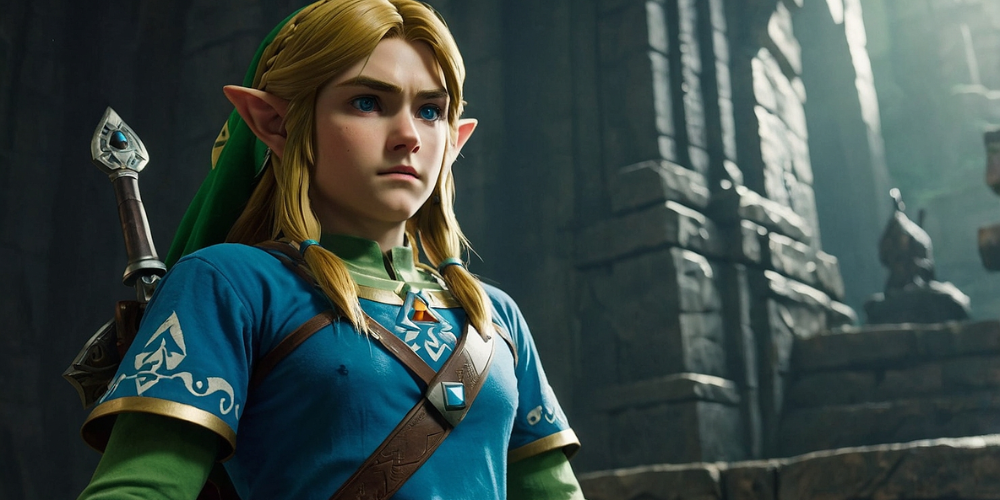
The Return to Tradition: Twilight Princess
Twilight Princess arrived in 2006, and I was drawn back to a more realistic approach. The darker tones and mature themes resonated with me. I appreciated the duality of Link as both a hero and a wolf. This game merged storytelling, puzzle-solving, and action beautifully. I found myself immersed in its grand narrative, filled with emotional depth, particularly relating to the fate of Midna. The connection to the classic Zelda history, with familiar gameplay and mechanics, made this a nostalgic experience.
Pushing the Boundaries: Skyward Sword
With Skyward Sword in 2011, I experienced deeper motion control, which changed the way I played. Utilizing the Wii MotionPlus made combat feel more engaging and strategic. The vibrant graphics, along with the unique sky-based travel, painted a stunning backdrop to the story of the origin of the Master Sword. The narrative's focus on the origins of Hyrule itself was intriguing, connecting the dots of the franchise's lore in ways I had never anticipated.
Revisiting the Classics: The Legend of Zelda: A Link Between Worlds
A Link Between Worlds was a return to the classic 2D gameplay, which I enthusiastically welcomed in 2013. The introduction of the painting mechanic and its connection to A Link to the Past was a brilliant homage and innovation. I loved how I could traverse walls and navigate puzzles in unexpected ways. The freedom to tackle dungeons in any order was a bold step, making exploration rewarding. This title reinforced my love for the series, embracing both nostalgia and fresh ideas.
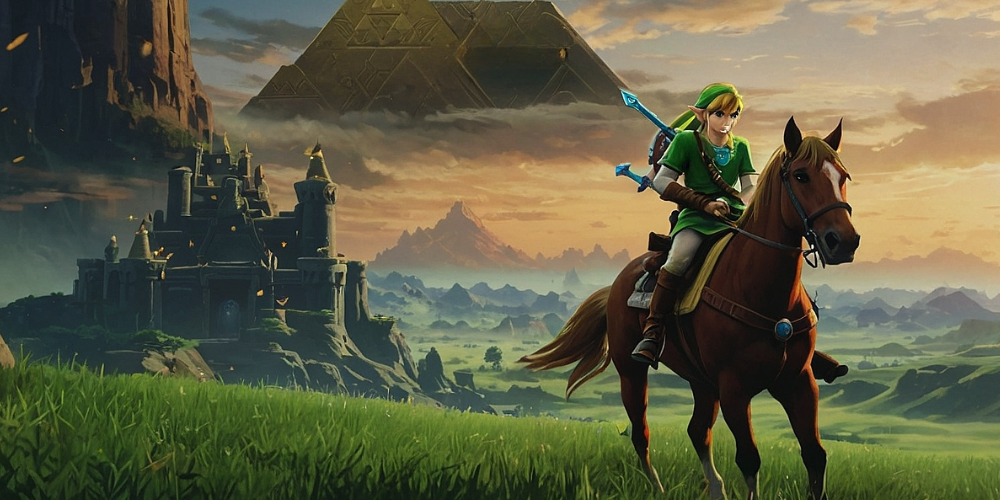
Reimagining Iconic Tales: The Legend of Zelda: Breath of the Wild
Then there was The Legend of Zelda: Breath of the Wild in 2017, a title that shattered my expectations. The open-world design was revolutionary and felt ahead of its time. The vastness of Hyrule came alive with unprecedented freedom to explore. Climbing cliffs, cooking meals, and engaging with the environment in countless ways made every player’s journey feel unique. I was captivated by the way I could approach challenges creatively, defining my own adventure. The sheer beauty of the game’s environments and the hauntingly emotional storytelling left a lasting impact.
Modern Reinventions: Tears of the Kingdom
Most recently, Tears of the Kingdom captured my attention with its sequel-style approach, further expanding on the world established in Breath of the Wild. The inventive new mechanics, particularly in crafting and building structures, allowed for even more creativity. Exploring the skies and the new elements of the story reignited my passion for the series. This installment felt like an evolution but maintained the essence that made me fall in love with Zelda in the first place, showcasing an incredible narrative intertwined with groundbreaking gameplay mechanics.
Community Connection: Fan Theories and Lore
Beyond the games themselves, I've found immense joy in the community surrounding Zelda. Engaging in fan theories and exploring complex lore has added another dimension to my experience. Characters like Ganondorf and their motivations have led to riveting discussions. The timelines, however convoluted, have fueled debate, making me appreciate the interwoven stories and character arcs. This shared passion connects gamers around the world, creating a rich tapestry of insights and interpretations.
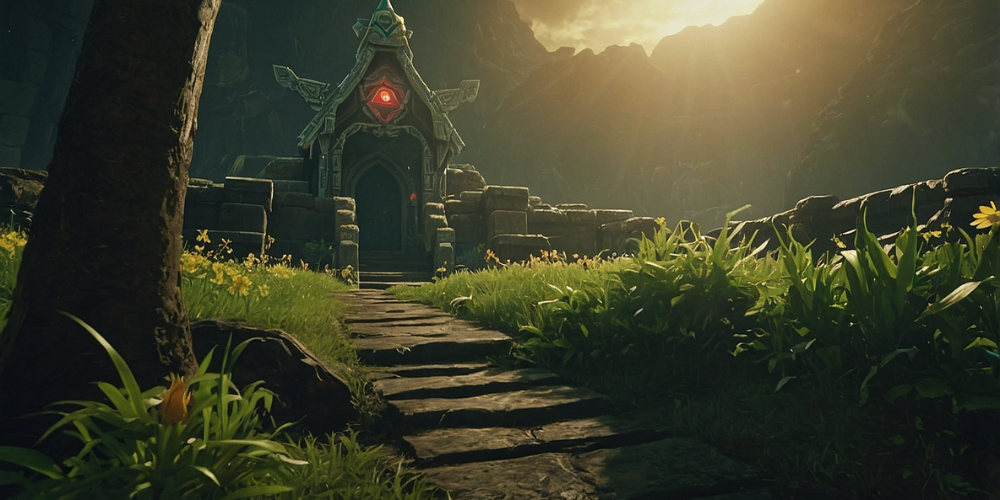
Merchandise and Spin-offs: Expanding the Universe
I've also cherished exploring the various merchandise and spin-off titles that expanded the Zelda universe. Games like Hyrule Warriors offered a fresh approach to combat, allowing me to experience the lore from a different angle. Collectible figures, clothing, and art books have adorned my space, creating a shrine dedicated to the franchise. Every item enhances my affection for Zelda, reminding me of the amazing adventures I've experienced throughout Hyrule and even further.
The Soundtrack: A Melodic Journey
The music of the Legend of Zelda series has consistently resonated with me. From the iconic main theme to the heartwarming melodies of various quests, each score enhances the story being told. These tunes transport me back to specific moments in the games, evoking emotions tied to exploration and triumph. Attending concerts featuring orchestral renditions of these scores has been a profound experience, connecting me with other fans who share my appreciation for the artistry behind this auditory landscape.
The Future of Hyrule: Anticipation and Excitement
As I look ahead, I find myself filled with excitement for what the future holds for The Legend of Zelda series. The franchise has cultivated a legacy rich with innovation and creativity. Each new title presents the potential for new gameplay mechanics, deeper storytelling, and beautiful artwork that continues to inspire. I can’t help but wonder what new adventures await Link and what kinds of emotional narratives will unfold as I dive into Hyrule once more.
The Legend of Zelda series has evolved in ways that mirror not only the advancements in gaming technology but also the emotional journeys that players undertake. The connection I feel with this series is profound, entwining nostalgia with anticipation for the adventures yet to come. My experiences in Hyrule have shaped my memories and fostered a lifelong love for gaming that transcends generations.
